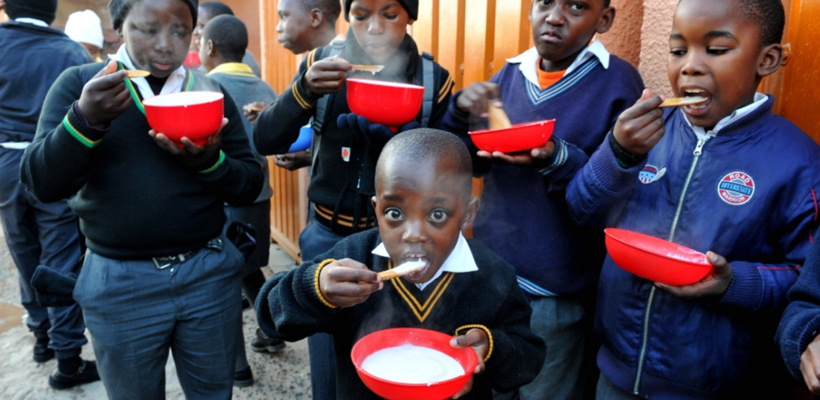
How does birth weight affect adult obesity in a low resource context?
South Africa is experiencing rapid increases in weight gain across the entirety of its population. Obesity is rising in both males and females, across all ages and socioeconomic groups. Like many other low-middle-income countries, it is experiencing a double burden of malnutrition alongside these high obesity rates. Malnutrition is present in one quarter of children under the age of three, resulting in stunting.
This stunting has been reported to be associated with adulthood disease risk, including obesity. Researchers thus far have not been able to look at this relationship in a low-middle-income country in the same participants by following them from birth into early adulthood. The authors of this study were able to do this for the first time using the Birth to Twenty Cohort which is a longitudinal study of children born in 1990 in South Africa.
Authors found that relative weight gain from birth into adulthood was positively related to fat mass, including both visceral and subcutaneous fat in adulthood. Being stunted at age two was inversely associated with fat-free soft tissue mass (i.e. lean body mass) in adulthood. This finding is analogous to trends that have been shown across Brazil, Guatemala and India.




